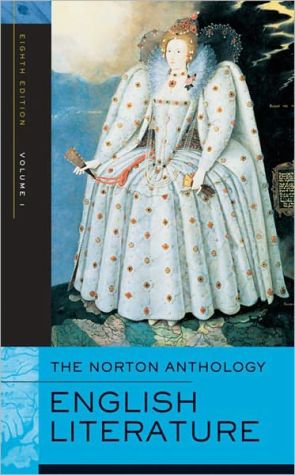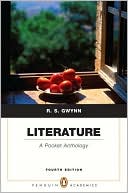De Profundis
For lovers of timeless classics, this series of beautifully packaged and affordably priced editions of world literature encompasses a variety of literary genres, including theater, novels, poems, and essays.\ \ Los lectores tomarán un gran placer en descubrir los clásicos con estas bellas y económicas ediciones de las grandes obras literarias. Esta selección editorial cuenta con títulos que abarcan todos los géneros literarios, desde teatro, narrativa, poesía y el ensayo.
Search in google:
While imprisoned, Wilde wrote this long letter of recrimination to his lover, Lord Alfred Douglas. It offers fascinating insights into Wilde's life in prison and the background and psychology of a notorious affair.
Preface by Richard Ellmann\ \ \ De Profundis is a kind of dramatic monologue, which constantly questions and takes into account the silent recipient's supposed responses. Given the place where it was written, Wilde might have been expected to confess his guilt. Instead he refuses to admit that his past conduct with young men was guilty, and declares that the laws by which he was condemned were unjust. The closest he comes to the subject of homosexuality is to say, impenitently, that what the paradox was for him in the realm of thought, sexual deviation was in the realm of conduct. More than half of De Profundis is taken up by his confession, not of his own sins, but of Bosie's. He evokes two striking images for that young man. One is his favorite passage from Agamemnon, about bringing up a lion's whelp inside one's house only to have it run amok. Aeschylus compared it to Helen, Wilde to Douglas. The other is Rosencrantz and Guildenstern, who have no realization of Hamlet's tragedy, being "the little cups that can hold so much and no more."\ \ The main theme of self-recrimination is that he did not break with Bosie. But his letter is an attempt to restore relations. And while he admits to "weakness," he explains the weakness as due to his affection, good nature, aversion to scenes, incapacity to bear resentment, and desire to keep life comely by ignoring what he considered trifles. His weakness was strength. The gods, he has discovered, make instruments to plague us out of our virtues as well as our vices.\ \ Wilde acknowledges that along with good qualities, he was "the spendthrift of my own genius." But he passes quickly over this defect, and thosethat attend it. Much of De Profundis is an elegy for lost greatness. As he whips his own image, he cannot withhold his admiration for what that image was. Elegy generates eulogy. He heightens the pinnacle from which he has fallen:\ \ I was a man who stood in symbolic relations to the art and culture of my age. I had realised this for myself at the very dawn of my manhood, and had forced my age to realise it afterwards. . . . Byron was a symbolic figure, but his relations were to the passion of his age and its weariness of passion. Mine were to something more noble, more permanent, of more vital issue, of larger scope.\ \ The gods had given me almost everything. I had genius, a distinguished name, high social position, brilliancy, intellectual daring: I made art a philosophy, and philosophy an art: I altered the minds of men and the colours of things: there was nothing I said or did that did not make people wonder: I took the drama, the most objective form known to art, and made it as personal a mode of expression as the lyric or the sonnet, at the same time that I widened its range and enriched its characterisation: drama, novel, poem in rhyme, poem in prose, subtle or fantastic dialogue, whatever I touched I made beautiful in a new mode of beauty: to truth itself I gave what is false no less than what is true as its rightful province, and showed that the false and the true are merely forms of intellectual existence. I treated Art as the supreme reality, and life as a mere mode of fiction: I awoke the imagination of my century so that it created myth and legend around me: I summed up all systems in a phrase, and all existence in an epigram.\ \ Continued...








